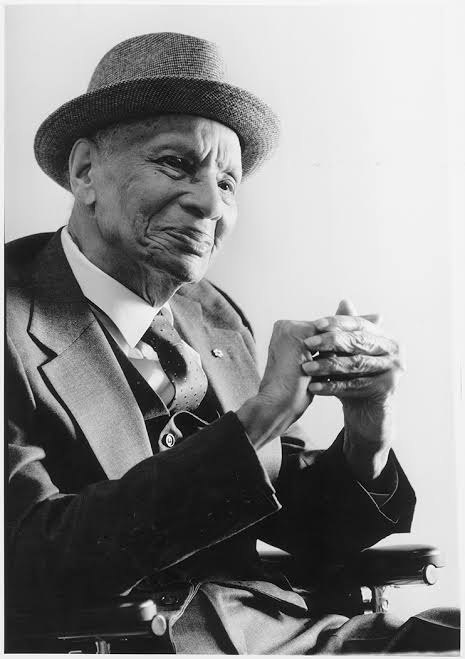


Meet Donald Willard Moore
Donalds Willard Moore was born in Barbados in 1891. As a teen growing up in Barbados, Moore was a skilled tailor and aspired to work as a tailor when he moved to Canada. After settling in Montreal, he could not find work due to discrimination in his field. He later worked as a pullman porter and relocated to Toronto.Shortly after his arrival in Toronto, he got the opportunity to study at Dominion Business College in which he completed courses to apply to dentistry school .
He got accepted into the dentistry program at Dalhousie University but got sick with tuberculosis and spent the next 18 months in recovery. However, this was a blessing in disguise because after his recovery, he returned to Toronto to pursue his passion as a tailor which allowed him to make a significant impact on the lives of those around him. He worked as a tailor at Occidental Cleaners and Dryers but ended up buying the business after saving up enough money. Through his business, he became very involved within the Black and Caribbean communities in a variety of ways. First, he worked as a secretary for the Black Community Church of Canada and open up a gym for Black youth who could not access sporting facilities due to racism. Second, Moore and his business became central to the Black community in Toronto as he was founded the Toronto chapter of the Universal Negro Improvement Association and African Communities League after meeting the great Marcus Garvey himself.
After that, he went on to establish several other pivotal organizations that catered to the Black community including the first Black Credit Union and the West Indian Trading Association. More notably, in 1951, Moore founded what came to be known as the Negro Citizenship Association, a social and humanitarian organization with the motto, “Dedicated to the promotion of a better Canadian citizen.” The association sought to challenge the systematic denial of black West Indians seeking legal entry into Canada and to bring an end to the incarceration of individuals who were awaiting either deportation or decisions on deportation order appeals.
In 1954, Moore led a delegation to Ottawa that included unions, labor councils and community organizations to protest discriminatory immigration policies under the Canadian Immigration Act. The Act essentially gave preference to White immigrants and denied Black immigrants from the Commonwealth, stating Black immigrants could not adjust to Canada’s rigid climate or assimilate well into the society. In response, Moore and the delegation present a brief Minister of Citizenship and Immigration Walter E. Harris which drew widespread public attention to Canada’s discriminatory laws with specific recommendations for change. The landmark brief and the subsequent relaxation of immigration laws opened the door for West Indian nurses and domestics to find employment in Canada.
By 1955, Moore’s work with the governments of Jamaica, Barbados, and Canada enabled domestics to gain permanent residency after one year of work.Due to his tremendous work for the community, he was awarded the Order of Ontario (1988) and the Order of Canada in 1990. Shoutouts to Moore’s dedication to improving the lives of Black Canadians and opening the doors!
Happy Black History Month ✊🏿


